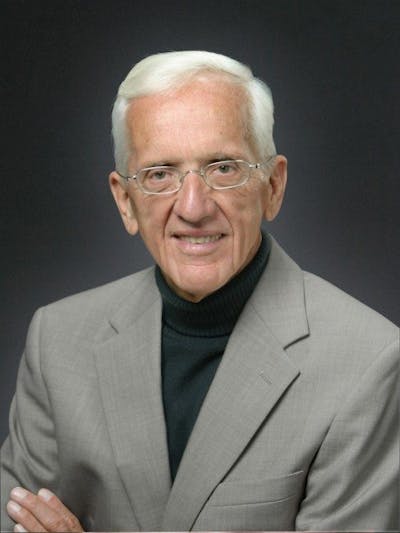Can giving up grains cause cancer?
Could giving up grains cause heart disease and cancer? This is what Colin Campbell claims in his new book The Low-Carb Fraud:
Biochemist T Colin Campbell is the author behind the well-known vegan book The China Study and according to him, we should eat a low-fat vegan diet to keep us healthy.
There is a lack of evidence to support Campbell’s ideas. The book The China Study rests on an observational study – uncertain statistics – that doesn’t prove anything. Moreover, it has been demonstrated that the statistical data in the book were cherry-picked to fit the author’s preconceptions. Statistics that pointed strongly in the other direction were not included.
A new review of all relevant similar studies shows that Asians who eat more red meat on the contrary are healthier. They suffer less heart disease and less cancer. Not quite what Campbell managed to cherry pick from his one China study.
There may be good ethical reasons to be a vegan – it’s open for discussion. But those who fear animal foods for health reasons are afraid for no good reason.
